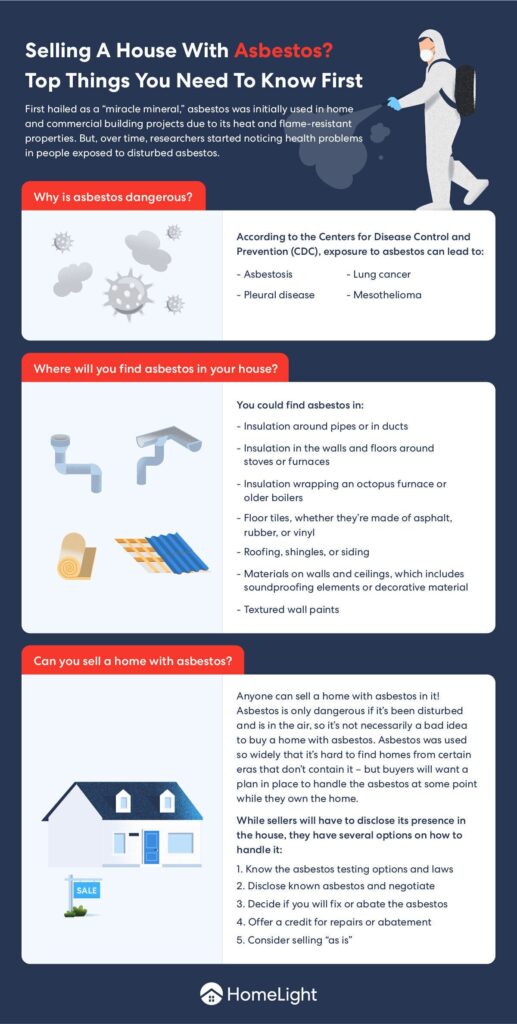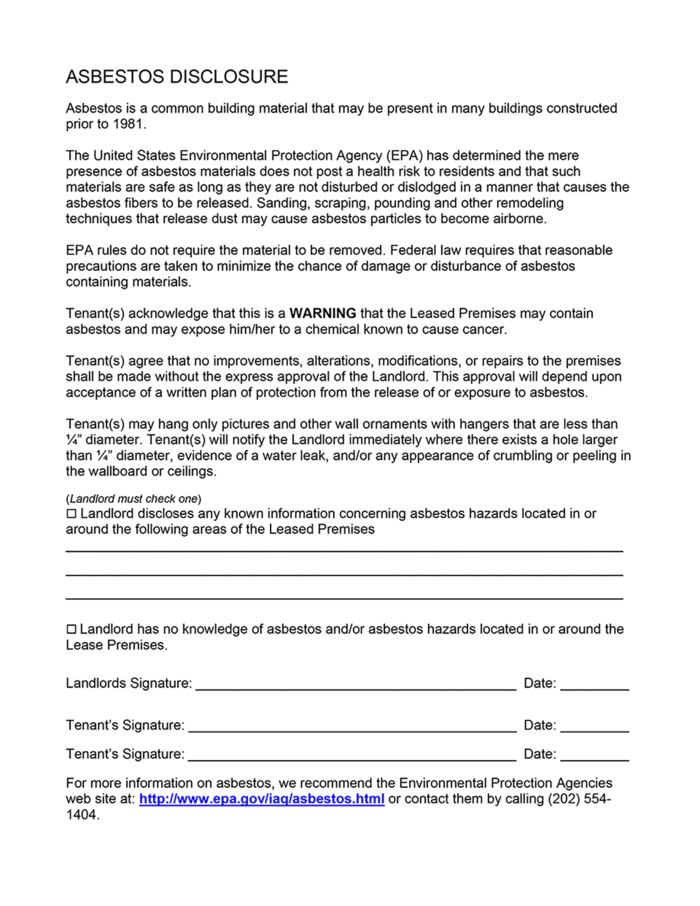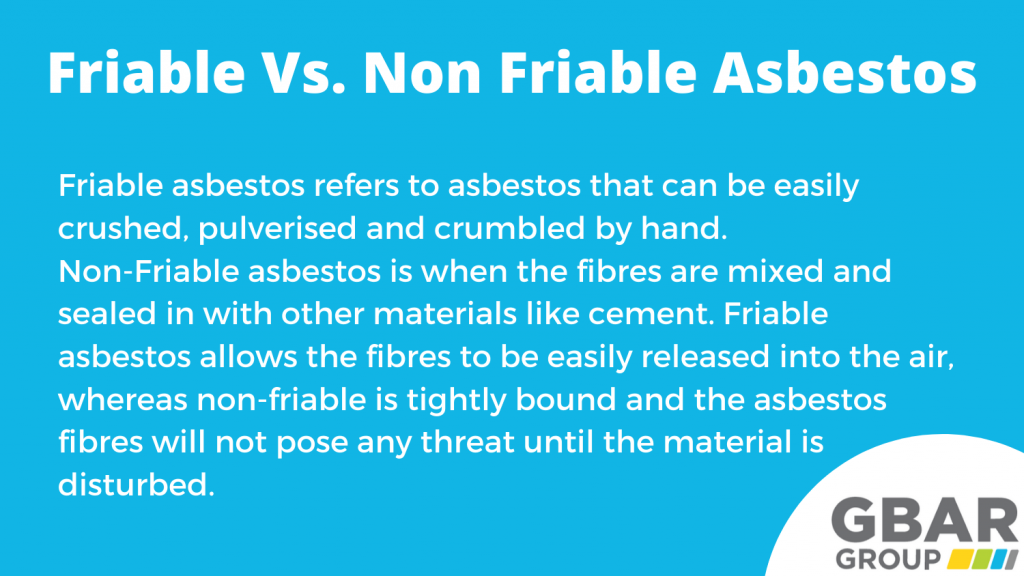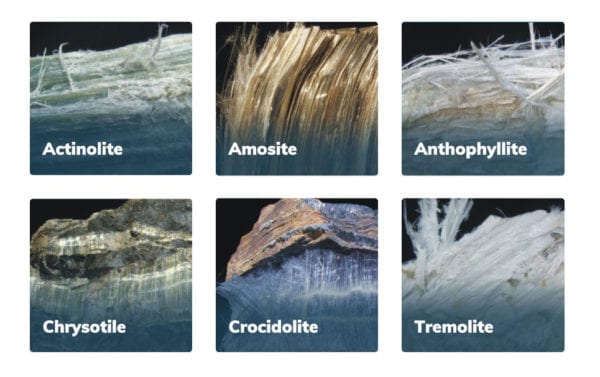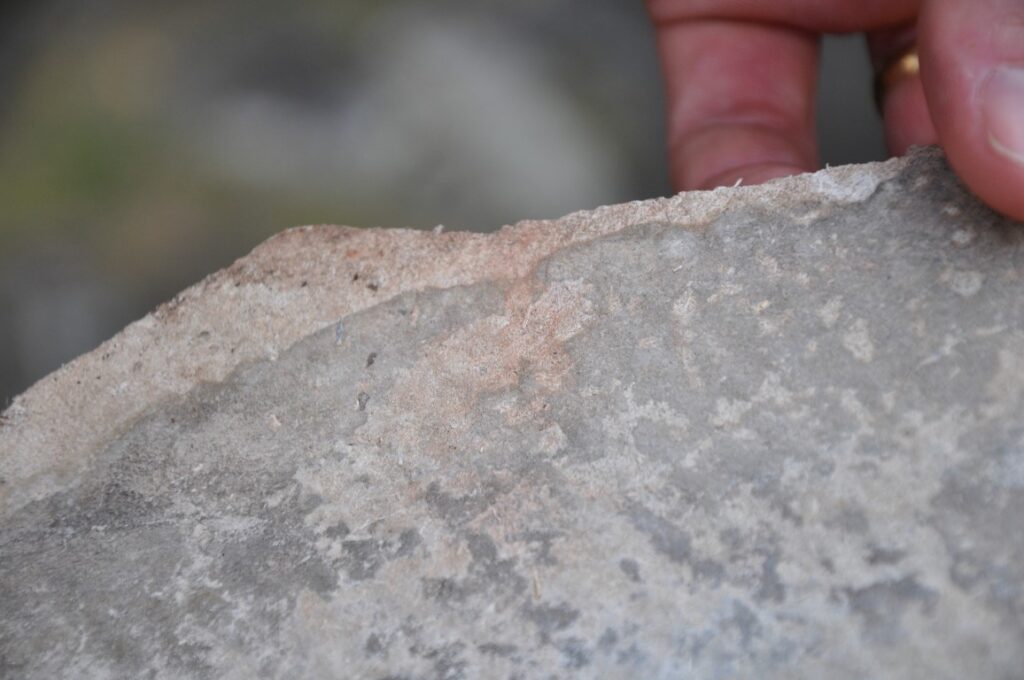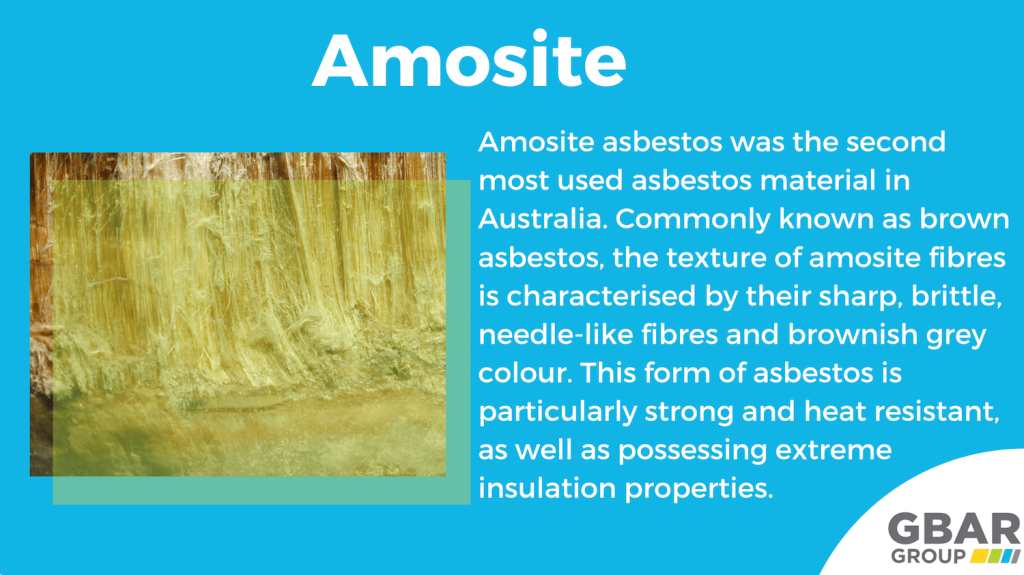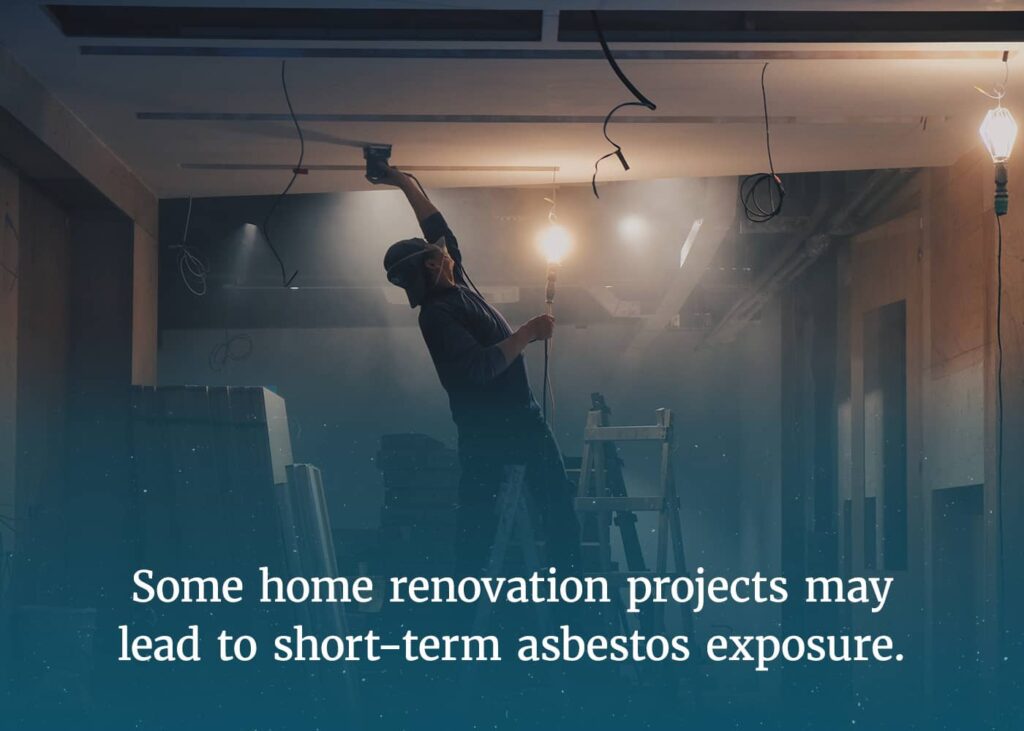Selling a house in Ohio can come with its share of complexities, and one important aspect is understanding the rules and regulations surrounding the disclosure of asbestos. As a seller, it is crucial to be informed about whether or not you need to disclose the presence of asbestos in your property. This article aims to provide you with a clear understanding of the requirements and obligations when it comes to asbestos disclosure, ensuring a smooth and transparent selling process.


Laws and Regulations Regarding Asbestos Disclosure in Ohio
As a seller or buyer of real estate in Ohio, it is crucial to understand the laws and regulations surrounding asbestos disclosure. Failing to comply with these regulations can lead to legal consequences and financial penalties. In Ohio, two primary sets of regulations govern asbestos disclosure: Ohio Revised Code 5302.30 and Ohio Administrative Code 4781-4-02.
Ohio Revised Code 5302.30: Duty to Disclose
Under Ohio Revised Code 5302.30, there is a general duty for sellers to disclose the presence of asbestos in a property to potential buyers. This requirement applies to both residential and commercial properties and is in place to protect buyers from the potential health risks associated with asbestos exposure.
General Disclosure Requirement
The general requirement under Ohio Revised Code 5302.30 is that sellers must disclose the presence of asbestos if they have knowledge of its existence in the property. This includes any knowledge of asbestos-containing materials or previous asbestos-related issues that have been remediated. It is important for sellers to be honest and transparent about any asbestos-related concerns to ensure buyers can make informed decisions.
Sellers’ Responsibility
Sellers have a responsibility to actively identify and disclose the presence of asbestos in a property. This includes conducting asbestos inspections and testing, if necessary, to accurately assess the presence and condition of asbestos-containing materials. Sellers should also keep records of any previous asbestos-related work or remediation carried out in the property.
Buyers’ Rights and Remedies
Buyers have the right to receive accurate information regarding the presence of asbestos in a property. If a seller fails to disclose asbestos and the buyer discovers its presence after the sale, the buyer may have legal remedies available. These may include the right to seek compensation for any asbestos-related damages, costs of remediation, or even the option to rescind the sale.


Ohio Administrative Code 4781-4-02: Asbestos Disclosure Requirements
In addition to the duty to disclose under Ohio Revised Code 5302.30, Ohio Administrative Code 4781-4-02 provides specific guidelines for asbestos disclosure in Ohio.
Definition of Asbestos
Ohio Administrative Code 4781-4-02 defines asbestos as any material containing at least 1% asbestos by weight or volume. It includes both friable (easily crumbled) and non-friable asbestos-containing materials. This definition encompasses various building materials commonly found in properties, such as insulation, popcorn ceilings, vinyl flooring, and more.
Disclosure Requirements
According to Ohio Administrative Code 4781-4-02, sellers must complete and provide an asbestos disclosure statement to potential buyers. This statement should accurately disclose the presence or absence of asbestos-containing materials in the property. Sellers should provide as much detail as possible regarding the location, condition, and type of asbestos-containing materials present.
Exemptions and Exceptions
There are certain exemptions and exceptions to the asbestos disclosure requirements in Ohio. For instance, if a property was built after January 1, 1980, and the seller has a written statement from a licensed asbestos professional affirming the absence of asbestos, the disclosure requirement may be waived. It is essential for sellers to familiarize themselves with these exemptions and exceptions to determine their applicability in their specific circumstances.
Requirements for Residential Properties
Asbestos disclosure requirements for residential properties in Ohio may differ depending on the type of dwelling.
Single-Family Homes
For single-family homes, sellers must adhere to the general requirements under Ohio Revised Code 5302.30 and Ohio Administrative Code 4781-4-02. Sellers should identify any potential asbestos-containing materials and disclose this information to potential buyers through the asbestos disclosure statement.
Multi-Family Dwellings
If the property being sold is a multi-family dwelling, such as an apartment building or townhouse, sellers have a similar duty to disclose asbestos. In these cases, sellers must ensure that each dwelling unit within the property is inspected for asbestos and accurately disclosed to potential buyers.
Mobile Homes and Manufactured Homes
Even mobile homes and manufactured homes in Ohio are subject to asbestos disclosure requirements. Sellers must identify any asbestos-containing materials present in these types of dwellings and disclose the information to potential buyers.
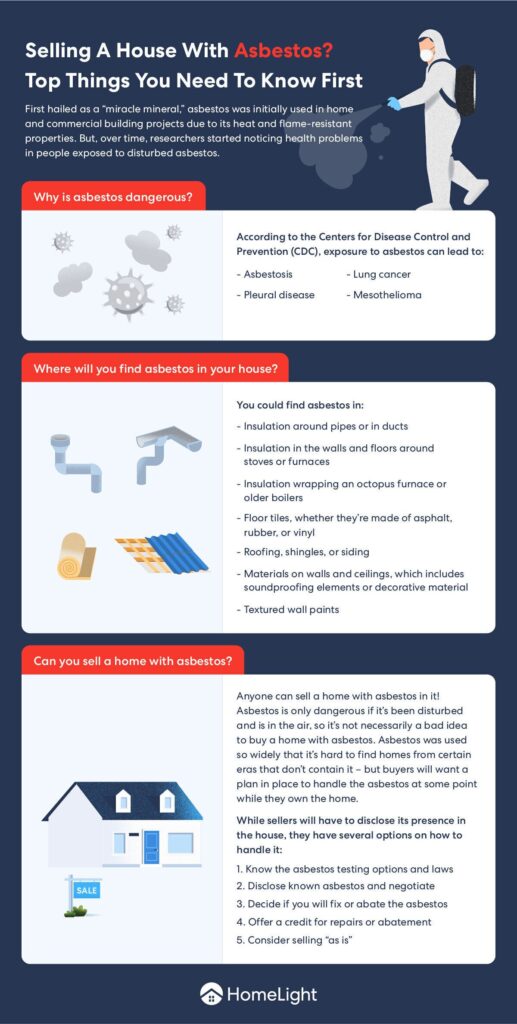

Requirements for Commercial Properties
Asbestos disclosure requirements for commercial properties are similar to those for residential properties. However, there may be some variations depending on the nature and use of the commercial property.
Office Buildings and Retail Spaces
For commercial properties such as office buildings and retail spaces, sellers must conduct thorough inspections to identify any asbestos-containing materials. These materials should then be disclosed to potential buyers through the completion of the asbestos disclosure statement.
Industrial Properties
Industrial properties, such as factories or warehouses, may have a higher likelihood of asbestos-containing materials due to the nature of the operations conducted in these buildings. Sellers of industrial properties must take extra care to identify and disclose any asbestos-related concerns to potential buyers.
Other Commercial Properties
Other types of commercial properties, such as restaurants, hotels, or healthcare facilities, are also subject to asbestos disclosure requirements. Sellers must be diligent in identifying and disclosing any asbestos-containing materials in these properties, considering the potential health risks associated with asbestos exposure to employees and visitors.
Penalties for Non-Disclosure of Asbestos
Non-disclosure of asbestos in Ohio can have serious legal and financial implications for sellers.
Legal Consequences
If a seller fails to disclose asbestos and a buyer discovers its presence after the sale, the buyer may pursue legal action against the seller. The buyer may seek compensation for any damages incurred, costs of remediation, and other related expenses.
Fines and Penalties
In addition to potential legal consequences, sellers who fail to disclose asbestos may face fines and penalties imposed by regulatory authorities. These penalties can vary depending on the severity of the non-disclosure and the resulting harm caused to the buyer.
Consulting Experts and Professionals
To meet asbestos disclosure requirements effectively, sellers may need assistance from experts and professionals in the field.
Asbestos Inspections and Testing
Sellers should consider hiring licensed asbestos inspectors to conduct thorough inspections and testing. These professionals have the expertise and equipment necessary to identify hidden asbestos-containing materials.
Hiring Licensed Asbestos Contractors
If asbestos-containing materials are identified, sellers should hire licensed asbestos contractors to carry out any necessary remediation or removal work. These contractors have the training and experience to handle asbestos safely and in compliance with regulations.
Role of Real Estate Agents
Real estate agents play a crucial role in facilitating asbestos disclosure. They can help sellers understand their responsibilities, guide them through the process of disclosure, and ensure accurate information is provided to potential buyers.
Seller’s Responsibilities in Asbestos Disclosure
Sellers must fulfill several responsibilities to comply with asbestos disclosure requirements effectively.
Identifying Asbestos-Containing Materials
Sellers should engage professionals to conduct inspections and identify any asbestos-containing materials in the property. This may involve inspecting common areas, checking previous renovation records, and assessing building materials.
Conducting Asbestos Inspections
Sellers should ensure that comprehensive asbestos inspections are performed by licensed professionals. These inspections should cover all accessible areas of the property and be carried out before listing the property for sale.
Preparing the Asbestos Disclosure Statement
Based on the findings of the asbestos inspections, sellers should accurately complete the asbestos disclosure statement. This document should include all relevant information regarding the presence, location, and condition of asbestos-containing materials.
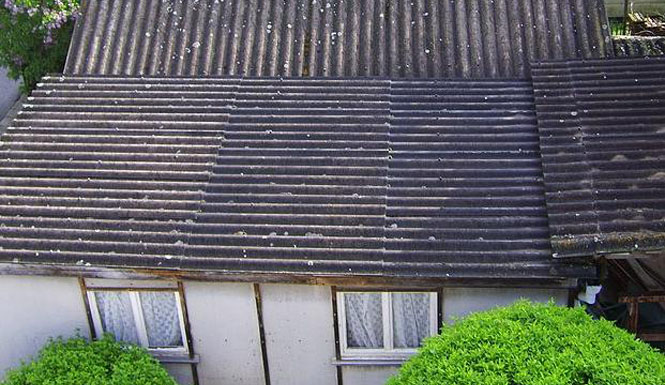

Buyer’s Rights and Remedies
Buyers have rights and various remedies available to them when it comes to asbestos disclosure.
Receiving Accurate Disclosure
Buyers have the right to receive accurate and complete disclosure regarding asbestos in a property. If they suspect or discover non-disclosure, they should seek legal counsel to discuss their options.
Options for Dealing with Asbestos
Once buyers are aware of asbestos in a property, they have several options to consider. They can proceed with the purchase as planned, negotiate repairs or a reduction in the sale price, or even decide to withdraw from the purchase entirely.
Negotiating Repairs or Price Reductions
If asbestos is disclosed, buyers can negotiate with sellers to address any necessary repairs or request a reduction in the sale price to account for the costs associated with asbestos removal or abatement.
Conclusion
Understanding and fulfilling the asbestos disclosure requirements in Ohio is crucial for sellers and buyers alike. Sellers must actively identify and disclose the presence of asbestos, while buyers have rights and remedies available if non-disclosure occurs. By consulting experts and professionals, sellers can ensure compliance with the regulations and facilitate a smooth transaction for all parties involved. Ultimately, compliance with asbestos disclosure requirements contributes to a safer and more informed real estate market in Ohio.

